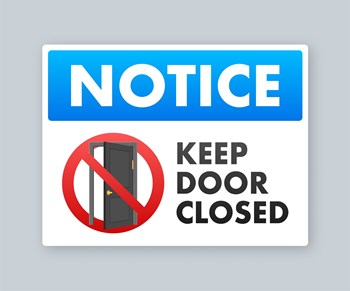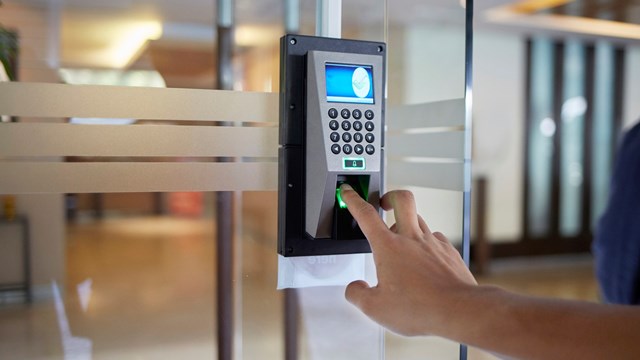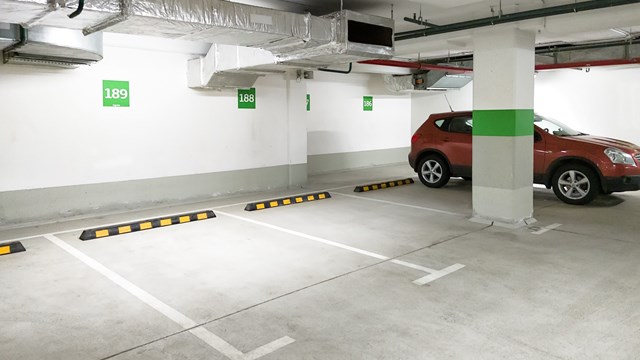
‘John’ (not his real name, in consideration of his and his neighbors’ privacy) has lived in co-op buildings for over 40 years, and in his particular co-op - a well-tended, 100% sold, mid-size building in Manhattan - for over two decades. This past Memorial Day weekend, John and his neighbors experienced something that should serve as a caution to others, both on how to protect yourself and how to show concern for your neighbors.
John’s building does not have a doorman. In the 20 years he and his spouse have lived there, there have been exactly two incidents where a vagrant has gotten into the building. (As John dryly notes, that's less than the number of solar eclipses visible from the building in the same time period - so, intruders there are less common than major celestial events.)
Early Saturday morning, one of the shareholders found a homeless man sleeping in the building’s elevator. How the gentleman got into the building, and why he chose the elevator to sleep in is unknown, and will remain a mystery. This shareholder, for the good of the community, proceeded to personally eject the man from the premises; That was mistake number one. While the shareholder’s concern for the community is laudable, he put himself at significant personal risk by engaging the intruder directly. The safer, more prudent approach would have been to call the police, or to go to the precinct just around the corner and request help directly.
Daniel Wollman, CEO of New York City-based management firm Gumley Haft, cautions, “If a building has a doorman, a stranger should not be able to enter the building. But if they don’t, and someone should enter, you can try to defuse the situation by talking, but you should not use physical force to have someone removed. You have no idea if the person may have a weapon, or suffer from mental illness. Residents are not in a role to replace security for their building. Calling the police is the correct procedure.”
Fortunately, the intruder in John’s building offered no resistance and left peacefully. After the incident, there was a flurry of messages on the co-op’s BuildingLink internal communication platform as residents shared the news and expressed their concern about the building’s security. That resulted in a second shareholder printing out and posting some of the messages – along with photos of the intruder - in the lobby, elevator, and common areas of the building.
As it happened, a third shareholder was holding an open house that weekend for the sale of his shares, and had posted notices about the event in the lobby. The email print-outs and photos about the intruder were affixed less than 10 feet from the open house notices. Not a good look, to say the least.
Clearly, while the shareholder who posted the BuildingLink messages and photos wanted to alert their fellow residents about the unsettling incident, John (and many of his neighbors) felt it was an overreaction, giving little or no thought to the chilling effect such information might have on prospective buyers coming to their neighbor’s open house. Fortunately, the co-op’s managing agent had the offending materials removed as soon as they learned of them - and well before the open house began.
While every resident should always be vigilant, diligent, and concerned about security in their building, multifamily living in a co-op, a condo, or an HOA is always about being part of a community and considering how your actions will affect your neighbors. Good intentions aside, plastering common walls with information that could make the community appear unsafe, or less than desirable to outsiders - prospective buyers in particular - helps no one.
The moral of John’s story is twofold; First and foremost, if a potentially hazardous situation arises in your building, don’t do anything to endanger yourself. Contact your super, your manager, or - if the situation involves an intruder, vandal, or other illicit activity - call the cops. Don’t engage with intruders. At the same time, think hard before taking an action that might cause a problem for your neighbors - like turning an exceedingly rare (if unsettling) occurrence into cause for panic.









2 Comments
Leave a Comment